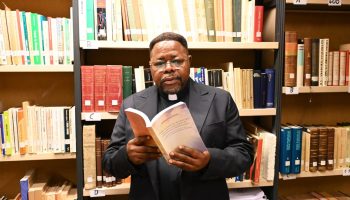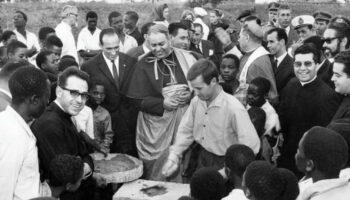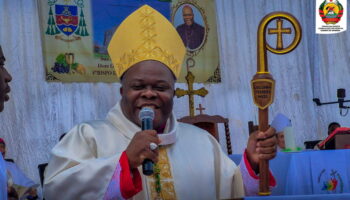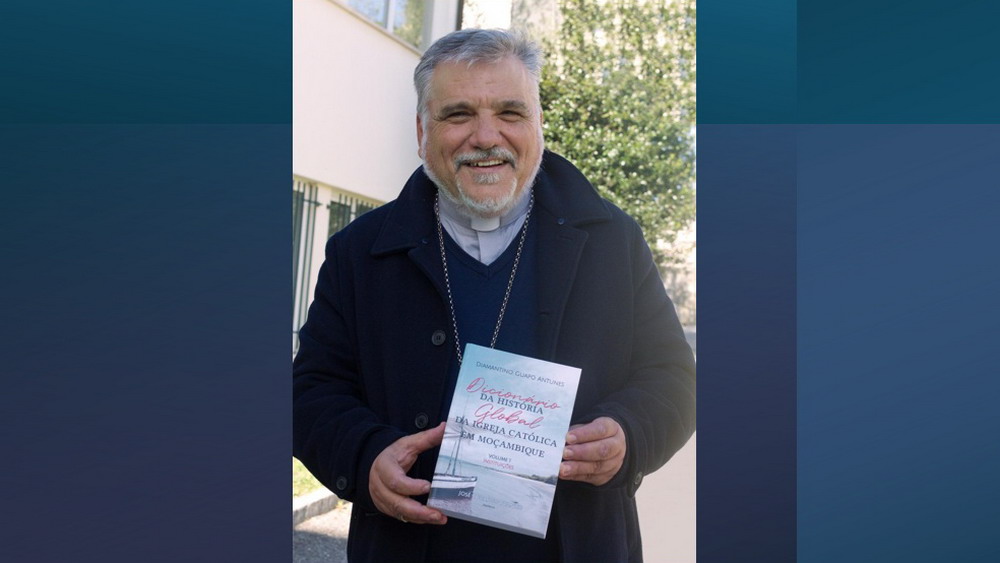
A new “Dictionary” by the Bishop of Tete, Mgr. Diamantino Antunes, IMC, highlights the works of the Catholic Church in Mozambique that “provide quality service to the population”.
By Juliana Batista *
Over the centuries, the Catholic Church has created a solid religious structure in Mozambique, with the establishment of dioceses, parishes, missions, churches, chapels, schools, colleges, seminaries, pastoral centers, hospitals, infirmaries, maternity wards and dispensaries, where hundreds of missionaries and dozens of religious congregations and secular clergy have carried out the mission of protecting, caring for, promoting and evangelizing Mozambicans.
Last February, the Bishop of Tete, Mgr. Diamantino Antunes, 58, a Consolata missionary originally from Leiria, Portugal, published a “Global Dictionary of the History of the Catholic Church in Mozambique.” The book reveals the works created by the Catholic Church with the purpose of evangelizing, healing and educating. The Dictionary covers the historical period from the celebration of the first Mass in the country in 1498 to the present, thus covering more than five centuries of evangelization in its 674 pages.
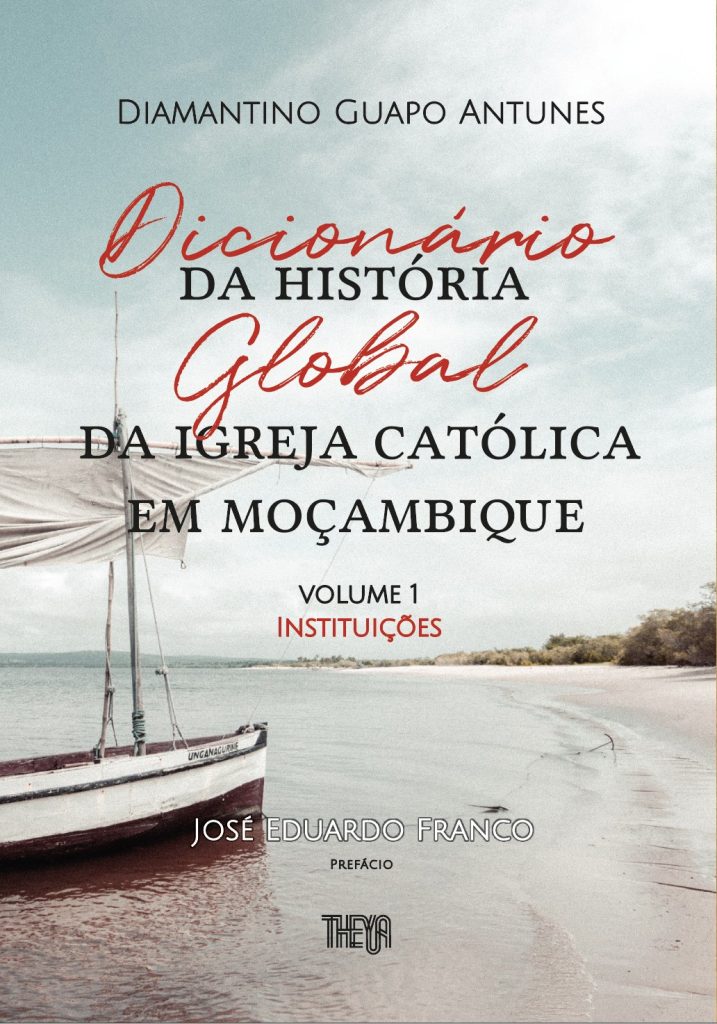
The information collected is distributed in more than 800 entries ordered alphabetically on the institutions of the Catholic Church: dioceses, missions, parishes, missionary congregations/institutes, historical monuments (churches, chapels, etc.), seminaries, lay movements and associations, schools, colleges, works of human promotion and apostolate, press, among others.
In this new work, the author, a missionary in Mozambique for 26 years, reveals “the work of evangelization and human promotion carried out by the Catholic Church in Mozambique in more than 500 years of history”, according to statements given to Fátima Missionária and 7MARGENS in Portugal.
Through the book, readers “will be able to learn about the immense work of evangelization and human promotion visible in countless ecclesial works and institutions, which have contributed to spreading the education system, restoring health to the sick and promoting development and peace,” said the missionary, emphasizing that the “contribution” of the Church in Mozambique is vast.
“Even today, there are countless schools and institutions of social solidarity under the responsibility of dioceses and parishes that offer quality services to the population, regardless of their religious or political affiliation.”
The book also aims to be “a well-deserved tribute to the protagonists of evangelization – bishops, priests, lay brothers, nuns and catechists of all nationalities – who gave everything they had and knew for the good of the Mozambican people.”
The 674 pages include a preface by José Eduardo Franco, director of the Center for Global Studies at the Universidade Aberta in Lisbon. According to Msgr. Diamantino Antunes, in addition to this book “two other complementary volumes are planned” – “one will contain the biography of the missionaries who worked in Mozambique and the last volume will be a general history of the Catholic Church in Mozambique”.
* Juliana Batista is a journalist. Originally published in: www.fatimamissionaria

